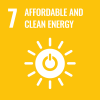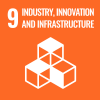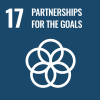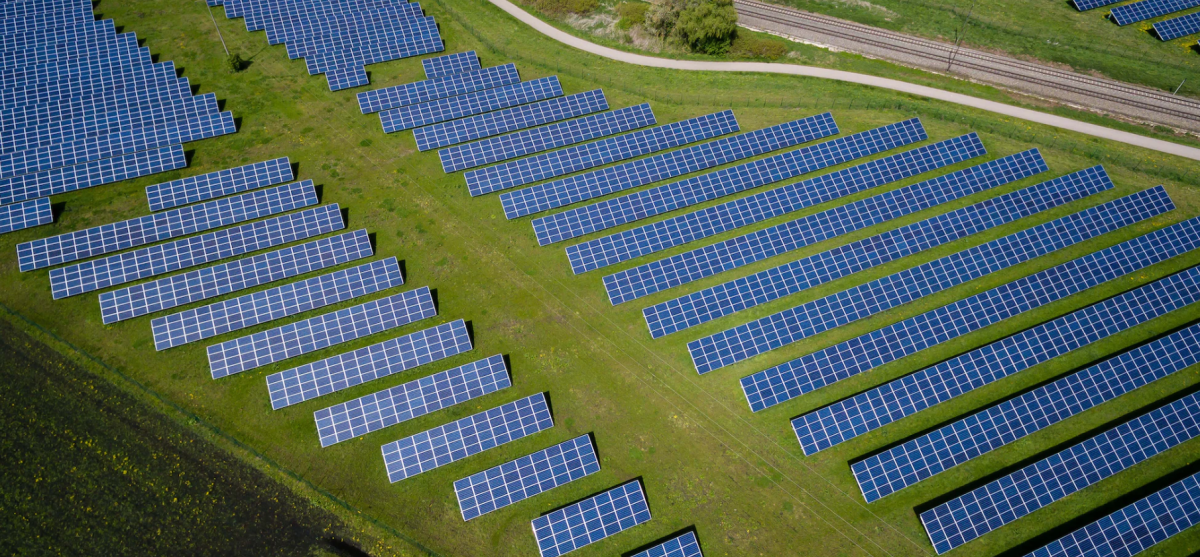
Special issue in collaboration with the United Nations High-level Advisory Board on Economic and Social Affairs
Abstract
There is an urgent need for channeling long-term risk-tolerant finance towards achieving the Sustainable Development Goals. The paper argues that National Development Banks (NDBs) and Multilateral Development Banks (MDBs) can play a crucial role in mobilizing the needed capital but only if an outcomes oriented ‘mission-oriented’ approach is adopted to galvanize, catalyze, and crowd in substantial global public and private finance (scaling it up from billions to trillions). Missions help transform broad SDG related challenges, like global health and climate change, into investment pathways where strong publicly set goals crowd in private investment. Key is to make sure that strong conditions around reciprocity determine equitable and just partnerships and direct public and private finance towards inclusive and sustainable outcomes. Low-income countries which continue to face stringent international credit conditions can benefit from diverting resources from debt repayment towards development goals, while high-income countries can unlock financialised and hoarded capital for sustainable development. 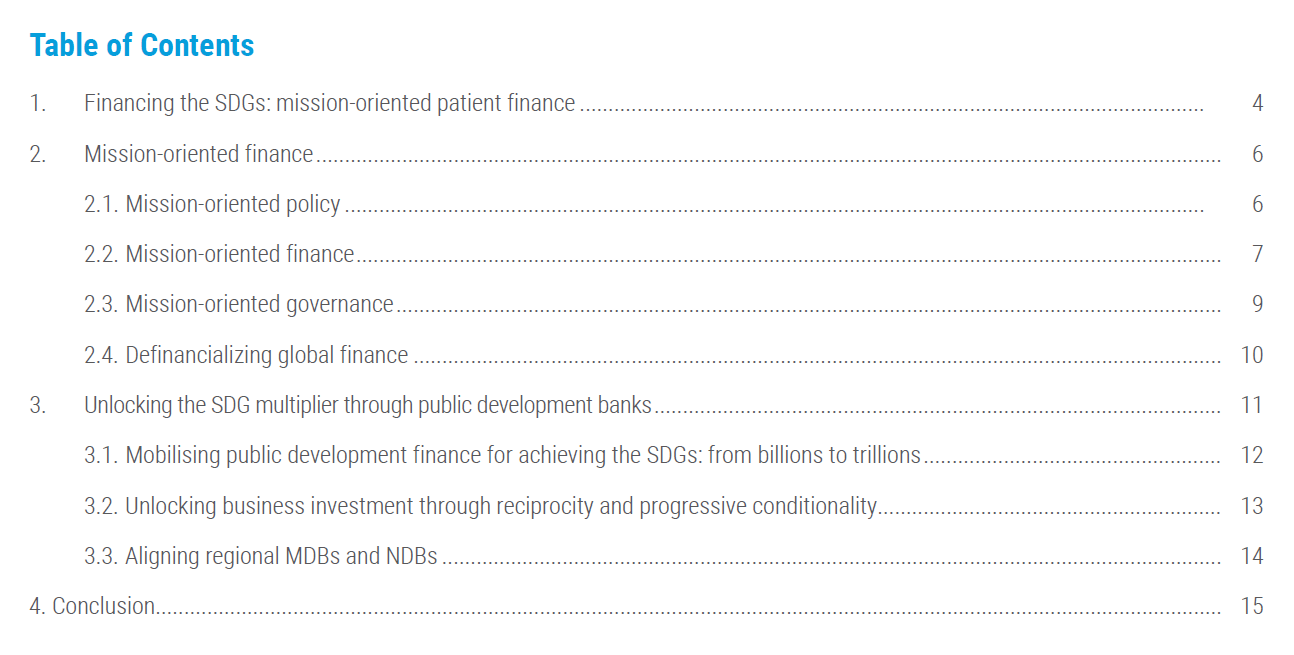
 Welcome to the United Nations
Welcome to the United Nations
